Stiff-person syndrome
SPS is labeled as a rare disease. Stiff-person syndrome SPS is a rare acquired neurological disorder characterized by progressive muscle stiffness rigidity and repeated episodes of painful muscle spasms.

Living With Stiff Person Syndrome I M A Statue For Your Lawn Cnn
Certain cancers including breast lung kidney thyroid colon and Hodgkins lymphoma.

. Stiff-person syndrome SPS is a rare neurological disorder with features of an autoimmune disease. Learn more about the treatment and outlook for the condition here. SPS is characterized by fluctuating muscle rigidity in the trunk and limbs and a heightened sensitivity to stimuli such as noise touch and emotional distress which can set off muscle spasms.
Autoimmune disorders including diabetes thyroiditis vitiligo and pernicious anemia. Abnormal postures often hunched over and stiffened are characteristic of. But more people are affected than reported due to misdiagnoses.
An autoimmune and neurological disorder that causes rigidity and spasms in the trunk and limbs. Symptoms include muscle spasms hyper-rigidity debilitating pain and chronic anxiety. The stiffness primarily affects the truncal muscles and is superimposed by spasms resulting in postural deformities.
Stiff person syndrome SPS is a rare progressive syndrome that affects the nervous system specifically the brain and spinal cord. Medications and immunotherapy maybe prescribed with aqua occupational and physical therapy. Symptoms include muscle spasms and rigidity.
SPS is strongly correlated with autoimmune diseases and it is usual to find high titers of antibodies against acid decarboxylase GAD65. Stiff person syndrome is more likely seen in people with certain types of diseases including. Spasms can generate enough force to fracture bone.
Why Choose Johns Hopkins. Stiff-person syndrome SPS also known as stiff-man syndrome SMS 1 is a rare neurologic disorder of unclear cause characterized by progressive rigidity and stiffness. It causes progressive muscle stiffness and painful spasms that can be triggered by a variety of things including sudden movement cold temperature or unexpected loud noises.
Muscle rigidity sporadic muscle spasms and chronic muscle pain characterize SPS. Stiff person syndrome SPS is a neurological disease with autoimmune features. Symptoms may include extreme muscle stiffness rigidity and painful spasms in the trunk and limbs severely impairing mobility.
Stiff person syndrome SPS is a very rare disease affecting only one or two people per million. Muscle spasms can be so violent they can dislocate joints and even break bones. Muscular rigidity often fluctuates ie grows worse and then improves and usually occurs along with the muscle spasms.
Stiff-person syndrome SPS is a rare and disabling central nervous system disorder with no satisfactory treatment. Stiff person syndrome SPS is a rare autoimmune neurological disorder. Symptoms include stiffening in the torso and limbs along with episodes of severe muscle spasms.
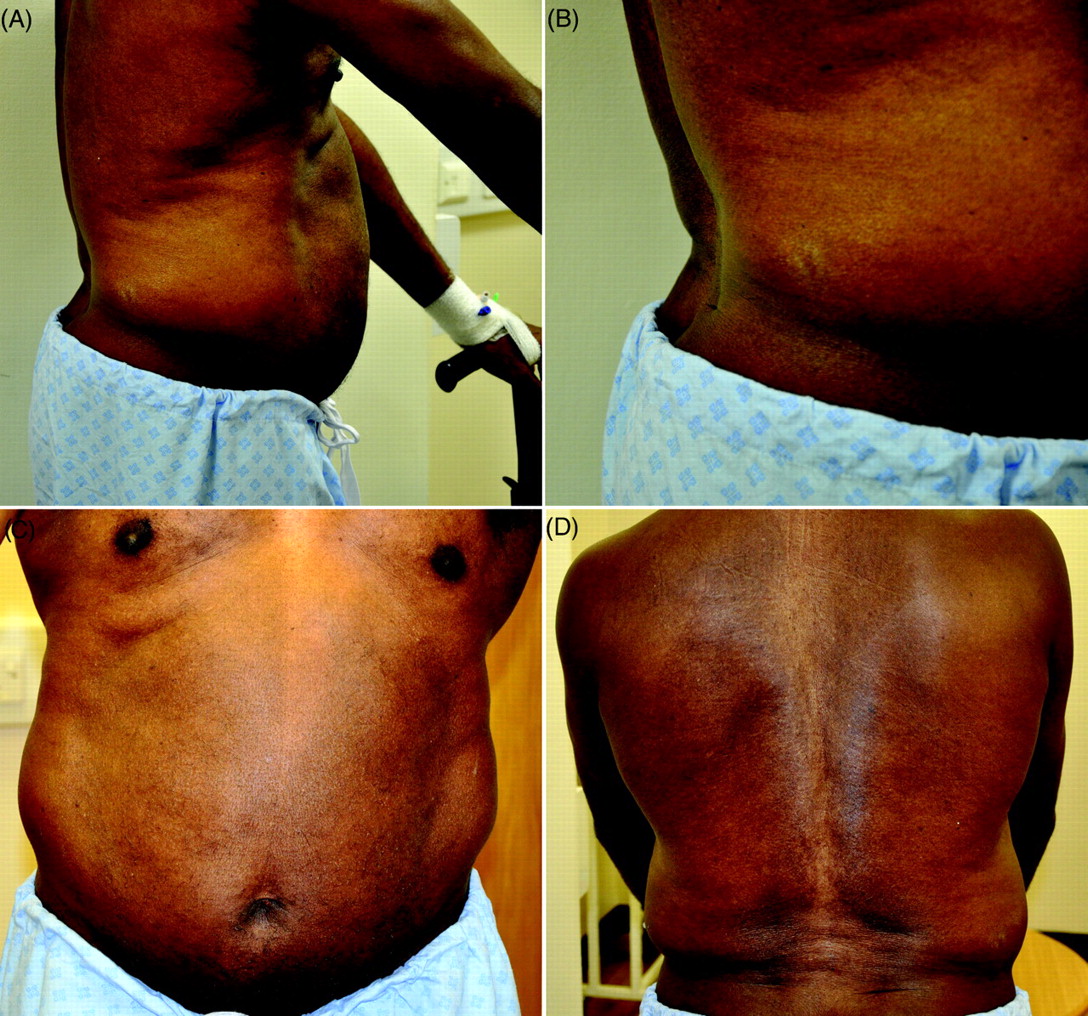
Stiff Person Syndrome Practical Neurology

Living With Stiff Person Syndrome I M A Statue For Your Lawn Fox 2

Focal Gradual Onset Variant Of Stiff Person Syndrome Neurologia English Edition
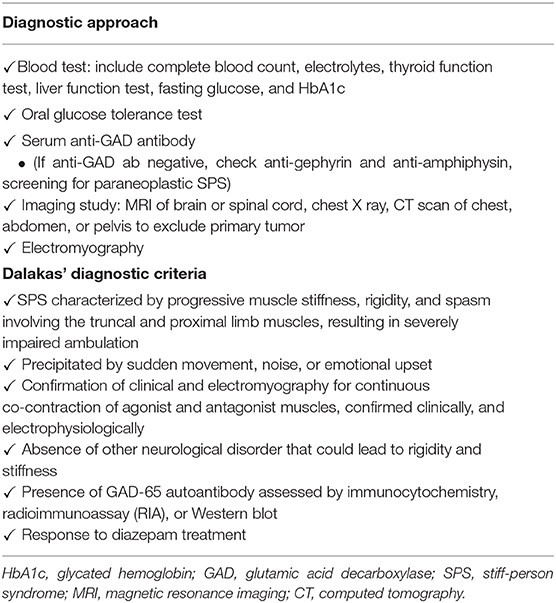
Frontiers Exogenous Insulin Injection Induced Stiff Person Syndrome In A Patient With Latent Autoimmune Diabetes A Case Report And Literature Review
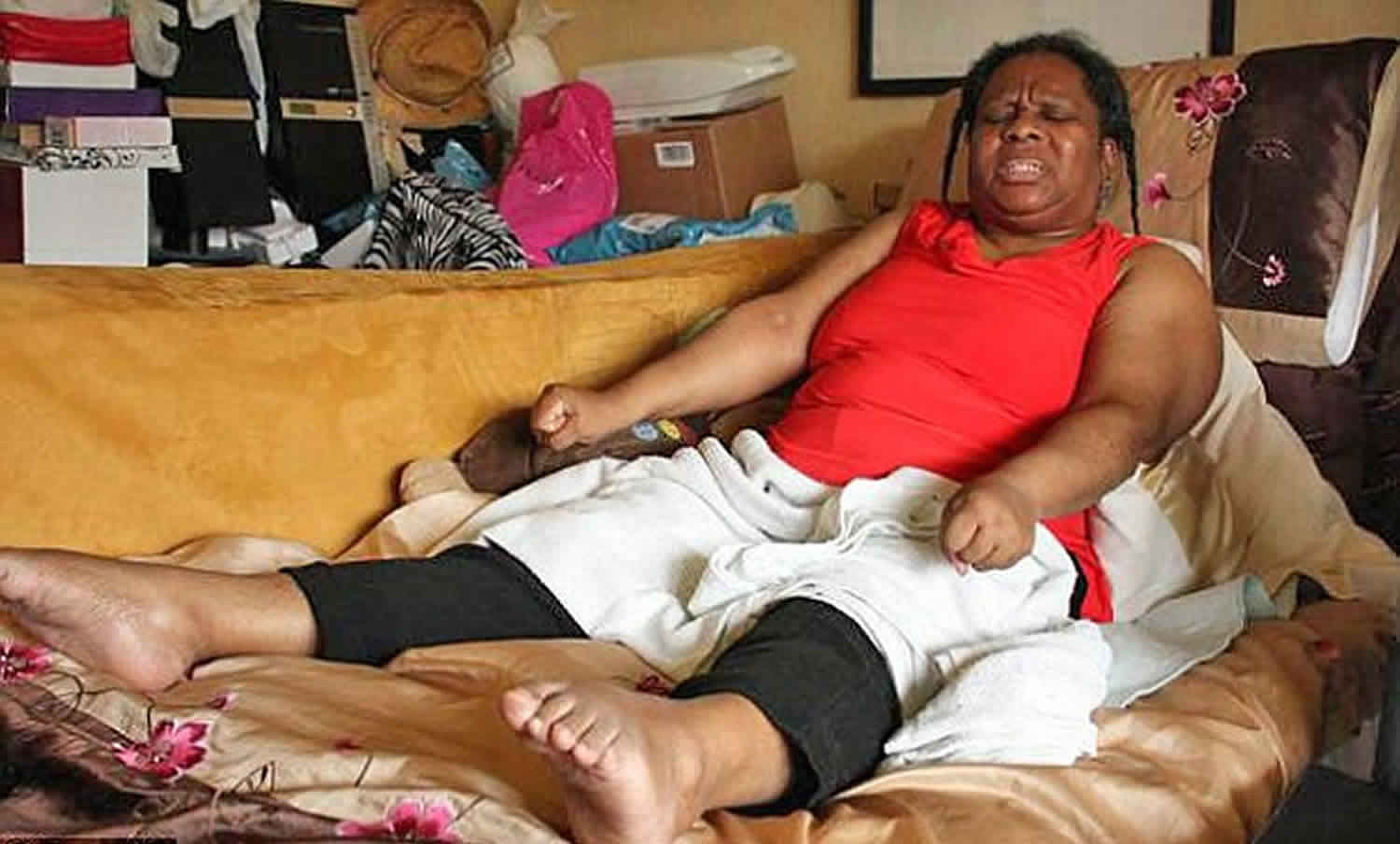
Stiff Person Syndrome Causes Symptoms Diagnosis Treatment

Stiff Person Syndrome A Rare Neurological Autoimmune Disorder

Living With Stiff Person Syndrome Sps Guardian Life The Guardian Nigeria News Nigeria And World News

Stiff Person Syndrome

Stiff Person Syndrome

The Stiff Person Syndrome Research Foundation Chan Zuckerberg Initiative

Mkshe6kx1hnkvm
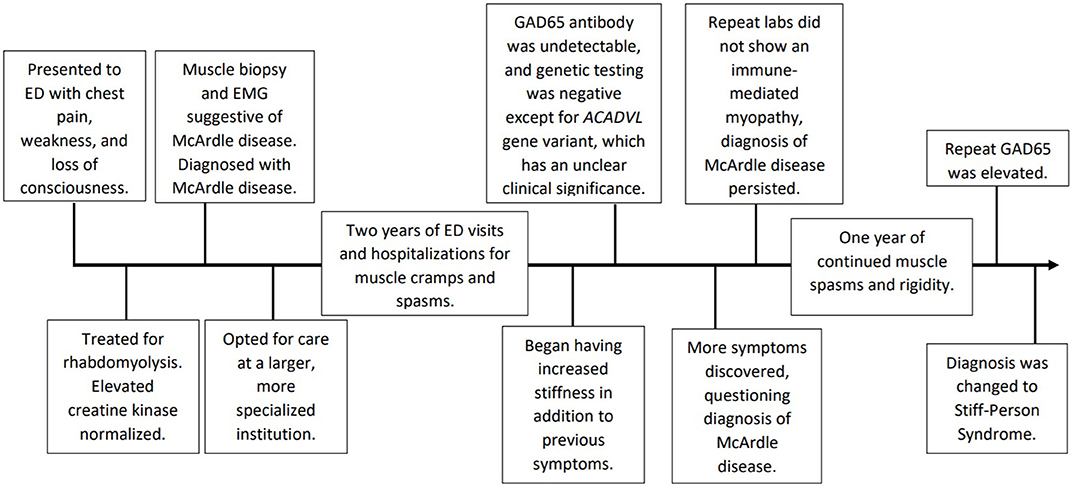
Frontiers Mcardle Disease Vs Stiff Person Syndrome A Case Report Highlighting The Similarities Between Two Rare And Distinct Disorders
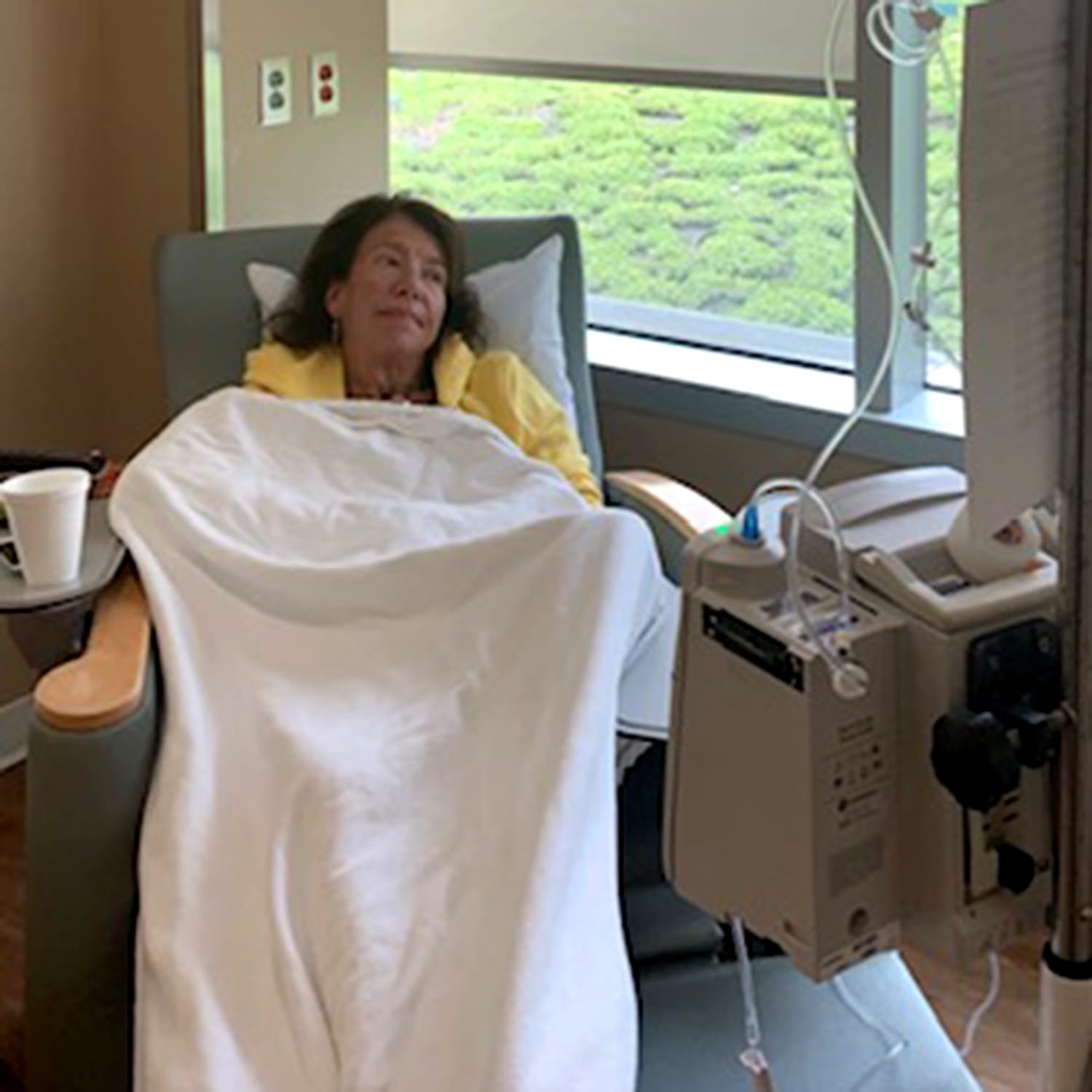
What Is Stiff Person Syndrome Woman Shares Story

Xzvekvfp2rwz1m

Stiff Person Syndrome Insights Into A Complex Autoimmune Disorder Journal Of Neurology Neurosurgery Psychiatry

Midlands Mother With Stiff Person Syndrome Has Been Unable To Leave Her House In 5 Years Daily Mail Online

P0cojm2dxww4km